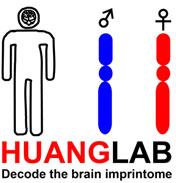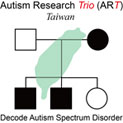News and Events
Chou MY, et. al. (2022) Mouse hybrid genome mediates diverse brain phenotypes with the specificity of reciprocal crosses. FASEB J 36(3):e22232.
Abstract
Hybrid species have more genetic diversity than their parents. However, the impact of the hybrid genome of reciprocal crosses on brain function remains largely unknown. We performed behavioral, molecular, and neuronal analyses on C57BL/6J mice (B6), CAST/EiJ mice (CAST), and hybrid mice resulting from reciprocal crosses of the two strains, B6/CAST F1i and B6/CAST F1r, respectively. Hybrid mice displayed greater motor strength and coordination, food grinding, social dominance, and less sociability compared to their parental strains. Parental origin influenced body weight, locomotor speed, and heat nociception of hybrid mice. Parental origin, cell type, and the interaction of both affected expression patterns of hybrid genomes including imprinted genes. There was a correlation between affected genes and corresponding behavioral phenotypes. Hybrid genomes mediated neuronal activity in the locus coeruleus, a brain region implicated in arousal, adaptive behaviors, and sleep-wake cycle due to its norepinephrine projections throughout the central nervous system. The comprehensive brain phenotypes in these hybrid mice reveal important functional readouts associated with interactions of hybrid genomes and impacts of parental genomes.
Link (https://faseb.onlinelibrary.wiley.com/doi/abs/10.1096/fj.202101624R)



